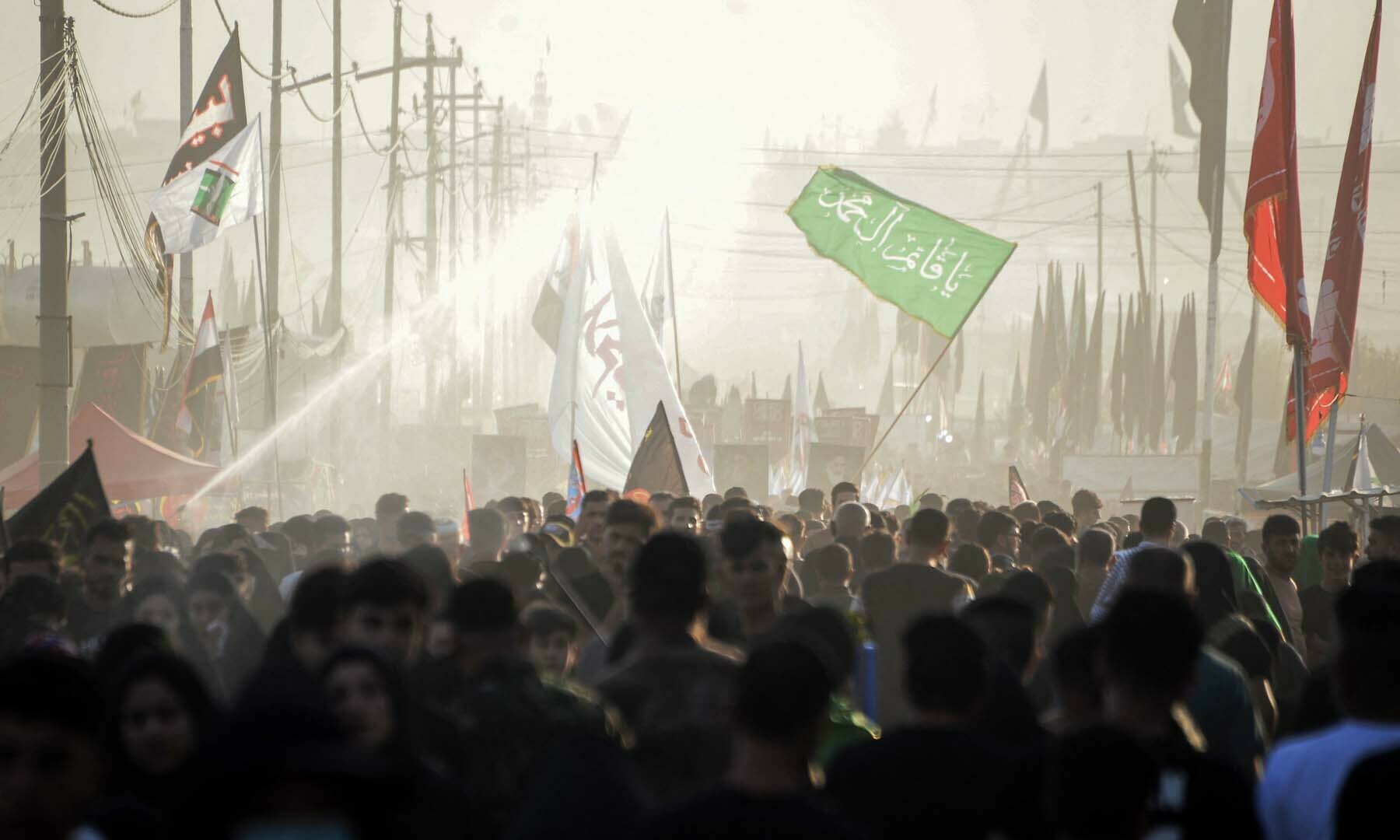Ashura in Pakistan is one of the most significant and emotionally charged religious observances in the country. Marked on the 10th day of Muharram—the first month of the Islamic calendar—Ashura commemorates the martyrdom of Imam Hussain (A.S), the grandson of Prophet Muhammad (PBUH), at the Battle of Karbala in 680 AD.
Each year, millions of Muslims across Pakistan observe Ashura with deep reverence, reflecting on the themes of sacrifice, justice, and standing against oppression.
The Spiritual Essence of Ashura in Pakistan
Ashura in Pakistan is not just a religious ritual; it’s a spiritual experience that binds communities through shared grief and remembrance. Shia Muslims lead the mourning processions, while Sunni Muslims also participate in prayers and observe fasts in honor of this sacred day. The unity displayed during Ashura reflects the core Islamic values of empathy, compassion, and standing for truth.
Many people in Pakistan fast on the 9th and 10th of Muharram, following the Sunnah of the Holy Prophet (PBUH). It is believed that fasting on these days brings immense spiritual reward and forgiveness of sins. Religious scholars across the country deliver sermons that highlight the bravery of Imam Hussain (A.S) and draw lessons for modern-day challenges.
Traditional Observances and Mourning Processions
One of the most striking features of Ashura in Pakistan is the mourning processions, which take place in major cities like Karachi, Lahore, Islamabad, Quetta, and Peshawar. Devotees dress in black, beat their chests, and chant elegies (known as “Noha Khwani”) that recount the sorrow of Karbala. Some processions include reenactments of the tragedy to help the new generation connect with its historical and spiritual context.
In urban centers, large processions are organized with strict security arrangements. Volunteers distribute water, food, and milk at “Sabeels” (charity stalls), symbolizing the thirst endured by Imam Hussain (A.S) and his companions. The spirit of selflessness and charity is at its peak, with people from all walks of life coming forward to serve others.
Government and Security Arrangements
Given the sensitivity of the occasion, the government of Pakistan implements strict security measures to ensure the safety of mourners. Mobile services are often suspended in key areas, and thousands of law enforcement officers are deployed to prevent any untoward incidents.
CCTV cameras, security checkpoints, and emergency medical services are placed strategically to handle large crowds efficiently.
Despite the tight security, the essence of peace, patience, and solidarity remains intact during Ashura in Pakistan. Local authorities also coordinate with religious organizations to maintain harmony and prevent sectarian tensions.
Media Coverage and Global Recognition
Ashura in Pakistan receives extensive coverage on both national and international media. News channels broadcast live footage of processions, religious discourses, and special programs that educate viewers about the significance of the day. Social media platforms also witness a surge in hashtags and tributes related to Imam Hussain (A.S), showcasing the emotional depth and global reach of the event.
This worldwide attention helps portray Pakistan in a positive light, emphasizing its rich religious traditions and the peaceful observance of historical events that unite millions.
Read More: Lahore’s Top Mosques Announced Eid-ul-Adha Prayer Schedule
Lessons from Karbala for Modern Times
The message of Ashura transcends religious boundaries. It is a universal lesson in courage, resistance against tyranny, and the pursuit of justice. In Pakistan, many scholars use this day to speak about human rights, ethical governance, and the importance of standing firm in the face of injustice. These lessons are particularly relevant in today’s socio-political environment, where the call for justice is louder than ever.
Ashura in Pakistan is more than a religious event—it’s a national experience of grief, reflection, and unity. It brings people together, reminds the nation of the value of sacrifice, and strengthens the moral foundation of society. Whether through fasting, processions, or acts of kindness, Pakistanis honor Imam Hussain (A.S) in ways that reflect the depth of their faith and the richness of their culture.
Read More:Saudi Arabia Bans Political Slogans and Flag Waving During Hajj Pilgrimage
FAQs
Why is Ashura a day of mourning?
For Shia Muslims, Ashura is a day of mourning, marking the martyrdom of Hussain Ibn Ali (AS), the grandson of Prophet Muhammad (PBUH), at the Battle of Karbala. Hussain (AS) was martyred for his resistance against the corrupt rule of Yazid.
What is the history of Ashura?
For Sunni Muslims, Ashura is seen as the day that the Prophet Nuh (Noah) disembarked from the Ark, as well as when the Prophet Musa (Moses) parted the Red Sea to allow safe passage for the Israelites out of Egypt. Followers observe it with fasting and special prayers in mosques, signifying its sacred nature









